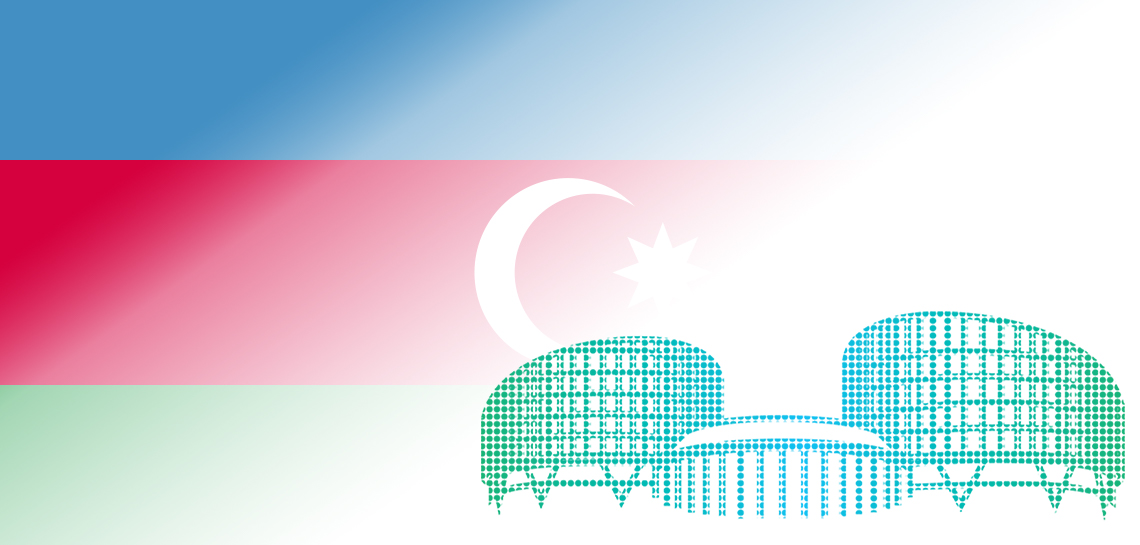
Application Number 13274/08
European Court of Human Rights
The applicants were imprisoned for the publication of an article entitled ‘Europe and us’ which discussed how Europe does not accept Islam or the Prophet Muhammad. The ECtHR found that some of the statements could be seen as abusive against the Prophet Muhammed who had been described as a ‘frightful creature’ in comparison to Jesus Christ as well as abusive to some Muslims living in Europe. However, it found that national courts confined themselves in their decisions to reiterating the conclusions of a forensic report, without giving any explanation as to why the particular remarks contained in the article constituted incitement to religious hatred. In light of this and the severity of the penalty, the ECtHR found a violation of Article 10.
Link: https://hudoc.echr.coe.int/eng#{%22itemid%22:[%22001-198705%22]}
Theme(s): Religious Hatred
Date: 5 March 2020
Description of applicant(s): Journalist (1st applicant) and editor-in-chief (2nd applicant)
Brief description of facts: The first and second applicants were prosecuted in criminal proceedings and were sentenced to three and four years’ imprisonment, respectively, for the publication of the article “Europe and us” in the Sanat Gazeti newspaper. The domestic courts found the applicants guilty under Article 283 of the Criminal Code, for inciting religious hatred and hostility in using the four following remarks in the above-mentioned article: (a) “Europe has always refused and refuses the deceitful humanist ideas of other religions, including Islam. Morality in Islam is a juggling act; its humanism is not convincing”; (b) “in comparison with Jesus Christ, the father of war fatwas the Prophet Muhammad is simply a frightful creature”; (c) “at best, Islam would advance in Europe with tiny demographic steps. And maybe there would be a country in which Islam would be represented by a few individuals or terrorists living incognito”; and (d) “the European philosopher does not act as a clown like the Eastern philosopher, is not inclined to Sufism, or madness, stupidity. Yes, the Eastern philosopher is a pure actor; all his activities are decorated with imaginations of miniature ornament for the sake of ideology. The Eastern philosopher says something for the sake of saying something. The aim, the way is unknown, or quite abstract”.
(Alleged) target(s) of speech: Muslims living in Europe, The Prophet Muhammed
The Court’s assessment of the impugned speech: The Court found that although some of the remarks may have been seen by some as an abusive attack against the Prophet Muhammad and Muslims in Europe, the national courts did not carry out a comprehensive assessment of the statements. Therefore, the Court did not accept the decision taken on a national level and also referred to the severity of the penalty. To this end it found a violation of Article 10.
Important paragraph(s) from the judgment:
Para. 46. As regards the content of the impugned remarks characterized by the domestic courts as incitement to religious hatred and hostility, the Court notes that some of these remarks, in particular those concerning the Prophet Muhammad and Muslims living in Europe may be seen by certain religious people as an abusive attack on the Prophet of Islam and Muslims living in Europe, capable of causing religious hatred. However, it is first of all for the national authorities to carry out a comprehensive assessment of the impugned remarks, putting forward relevant and sufficient reasons for justifying the interference and carefully balancing the applicants’ right to freedom of expression with the protection of the right of religious people not to be insulted on the grounds of their beliefs.
Para. 47. In that connection, the Court notes that it cannot, in the instant case, accept the reasons provided by the domestic courts as relevant and sufficient for the purpose of justifying the interference in question. It observes that the domestic courts confined themselves in their decisions to reiterating the conclusions of a forensic report, without giving any explanation as to why the particular remarks contained in the article constituted incitement to religious hatred and hostility. The domestic courts failed to examine the report and merely endorsed its conclusions. The relevant assessment clearly went far beyond resolving mere language and religious issues, such as, for instance, defining the meaning of particular words and expressions or their religious importance, and provided, in essence, a legal characterization of the impugned remarks.
ECHR Article: Article 10
Decision: Violation
Use of ‘hate speech’ by the Court in its assessment? Yes:
Para.43: The Court observes at the outset that the Government did not argue before it that the impugned remarks contained in the above-mentioned article constituted hate speech and that, therefore, the applicants should not benefit from the protection of Article 10 of the Convention by virtue of the application of Article 17 of the Convention
